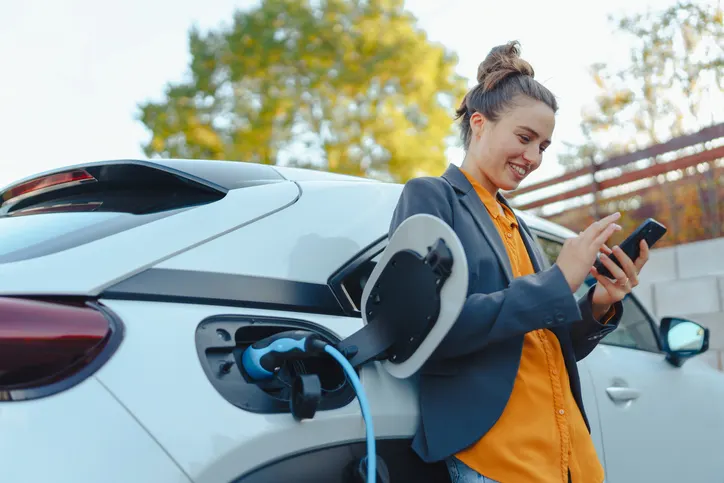Explore our guide on how to calculate charging times and the factors that could impact speed
Electric vehicles (EVs) are becoming increasingly popular. Many people, however, have questions about charging times—particularly if you’re new to EV and used to refueling a petrol or diesel vehicle.
Charging times for EVs vary according to multiple factors: different EV models, for example, have different battery sizes which may have different charging speeds. Charging times can also differ depending on the specific EV and charging infrastructure you use, as well as factors such as battery health and temperature, and whether you're charging during cold weather.










